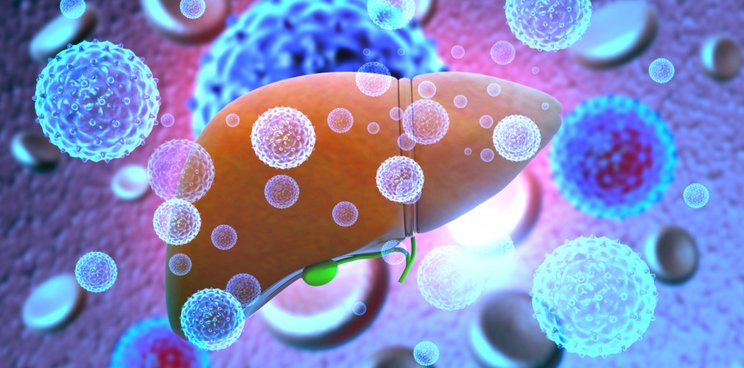
Image credit labiotech.eu
Promethera Biosciences SA, a global innovator in cell-based medicines and liver diseases, has announced the dosing of a first patient in a Phase 2a clinical study for the company’s HepaStem development program in patients with late-stage non-alcoholic steatohepatitis (NASH). The multicenter, open-label PANASH study will evaluate the safety and preliminary efficacy of Promethera’s investigational drug HepaStem, a novel allogeneic cell-based therapy for severe liver diseases, in patients with cirrhotic and pre-cirrhotic NASH. The study will enrol a minimum of 24 patients via centres in 8 European countries. The completion of the trial is expected for H1 2020.
“Moving HepaStem into clinical studies in NASH in addition to the ongoing clinical evaluation in Acute-on-Chronic Liver Failure represents a significant milestone for our therapeutic development activities. While this first trial in NASH is conducted in Europe and is designed to deliver first clinical results early next year, the clinical development plan for HepaStem is going to expand into the US and Japan in the mid- to long-term,” said Etienne Sokal, M.D., Ph.D., Chief Scientific & Medical Officer of Promethera.
“Today’s announcement has special significance for our company as NASH is increasingly going to be a significant value driver for our company. With this trial, we continue to pioneer the use of a cell-based therapy in severe liver diseases with existing unmet medical need and we are also among the few drug development organizations to tackle late-stage liver diseases relying on the strengths of our multi-modal approach,” said John Tchelingerian, Ph.D., President and CEO of Promethera. “Overall, Promethera continues to make tangible progress in its mission to bring life-saving treatments to liver disease patients and to reduce the need for liver transplantation.”




